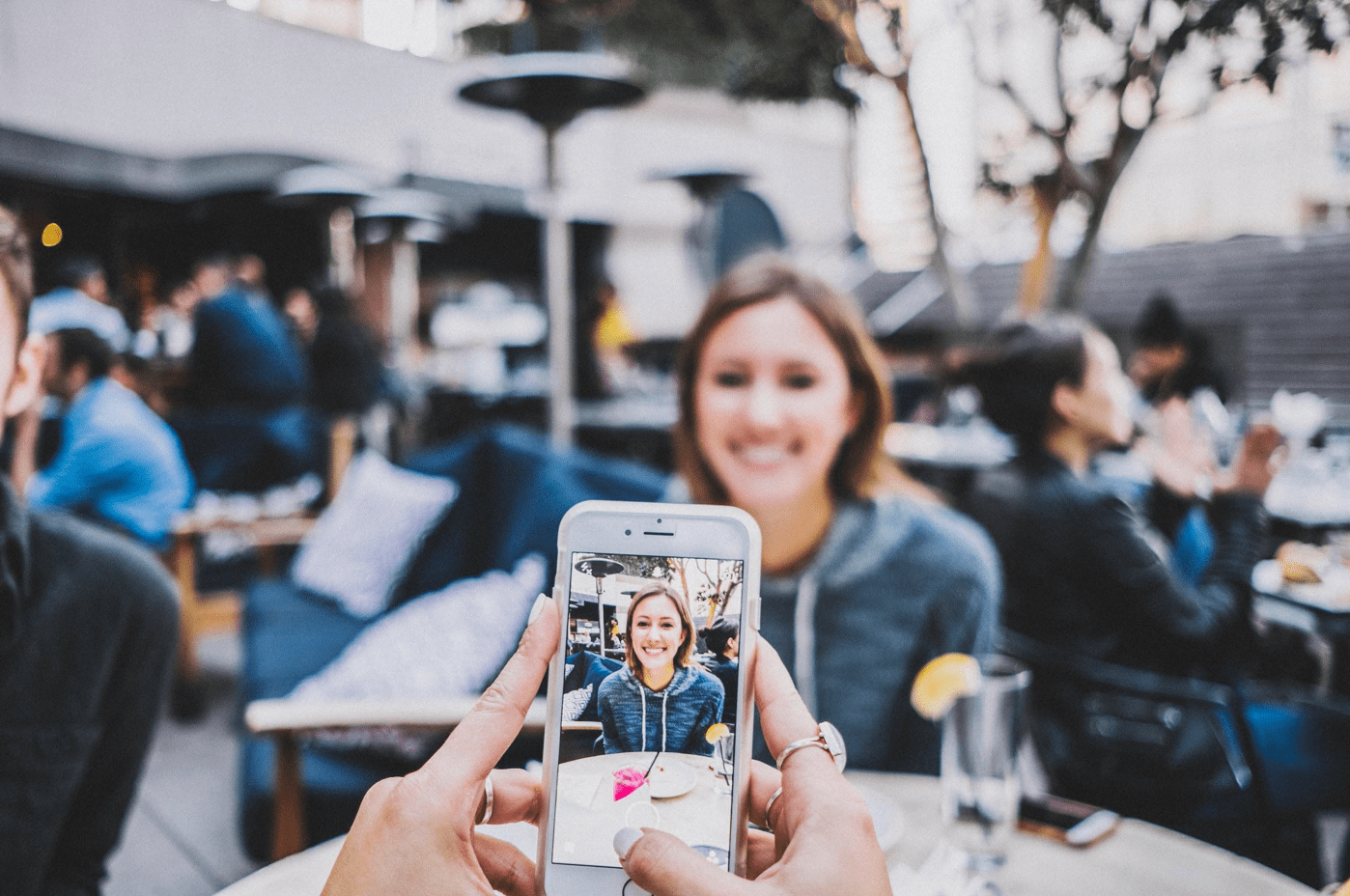If you begin struggling with feelings of overwhelm or disconnect, limiting social media exposure or abstaining from it for a week can allow you to refocus on what matters.
Love it or loathe it, there’s no escaping the fact that social media is an integral part of modern life. And, while there’s much to be said about the simplicity of a tech-free world, social media does have its place. There’s been a big debate about whether social media is beneficial or not for society, with some people all for it while others declaring it a nuisance.
Sure, gizmos and gadgets have kept us from engaging in traditional activities like going outdoors or reading a book, yet on the upside social media has allowed us to live simpler and helps us to keep in touch with loved ones. Here’s what you need to know about using social media.
Pros of social media use
There’s a number of benefits social media use provides for us both as individuals and as a society; just think about how it allows us to instantly get in touch with people from all over the world. But the benefits don’t stop there, because using social media also:
1. Improves relationships
Social media is a two-way channel allowing for human connections to be made. One of the greatest benefits it brings is the ability to engage with people, even if they are far away. As human beings, it’s important to be able to communicate and forge connections. For a lot of us though, things like work, location, and life circumstances mean we don’t have those opportunities for social interaction.
For seniors, social media helps to ease feelings of isolation and loneliness. Sites like Facebook allow anyone to talk in real-time with friends and family no matter how far or wide they all are. Social media has also been proven to improve relationships, with research showing that young adult relationships are more successful than older couples due to social media making couples feel closer to one another.
2. Keeps people informed
With social media, you no longer have to wait around until the 6pm news report to keep informed. If you want to know what’s going on in the world or your local area, all you need to do is go on social media. These days, journalists and news agencies release real-time minute by minute reports of events via their social media channels, allowing for a more detailed and accurate news.
While the older generation is used to receiving their news via traditional modes such as the TV or the morning newspaper, more are embracing social media as their main form of news delivery. In fact, 66% of seniors agree that social media keeps them informed of news and current affairs.
3. Improves overall well-being
Social media is just plain fun! Many people turn to it as a form of stress relief, to catch a break while at work, or to relax while at home. Social media sites can help improve overall well-being by providing users with a community.
You can watch funny videos, view stunning photos showcasing the world in all its splendor, play games, interact, and engage with people. Seeing what your friends or family have been up to or following their milestones through pictures and status updates can bring joy and helps to make us feel more connected.

Cons of social media use
While there are a number of benefits of social media use, it should come as no surprise that it also has negative effects on us. Some of these are more harmful than others, and you should seek to minimise them as much as possible. Some noteworthy cons of social media use include:
1. Shortens our attention span
While it’s great to be able to have a load of information at your fingertips, social media can make us more distracted. One of the biggest cons of social media use is that it has provided a means of constantly giving in to “the temptation” of instant, easy-access entertainment.
It becomes problematic when you begin neglecting those people who are there in front of you in real life in favor of scrolling social networking sites. Browsing social media can feed procrastination habits and leads to all sorts of problems like distracted driving or avoiding real-life tasks and responsibilities.
2. Privacy issues
So much is being shared online that social media is starting to pose a real privacy issue. Social media sites like Facebook and Twitter make it very easy for people to find out your personal details such as where you live, what your interests are, and where you work.
There are also concerns about these social sites owning your content after it has been posted or keeping your personal information, making your details vulnerable to online hackers.
3. Information overload and overwhelm
With so much information available, social media can lead to feelings of information overload or FOMO (fear of missing out). There’s a constant stream of pages, posts, videos, pictures, and articles vying for our attention.
There’s also a lot of misinformation, fake news, and even stories or pictures that can be confronting. After a while, this load of information can cause feelings of distress or just leaves us feeling bloated with news that we’re not even interested in.
What does this really mean?
Well, social media can be a useful tool and it can help improve our relationships and keeps us feeling connected. If it is used in the wrong way, it can leave us feeling distracted and can negatively impact our relationships and mental health.
Like all things, social media should be used in moderation. If you begin struggling with feelings of overwhelm or disconnect, limiting social media exposure or abstaining from it for a week can allow you to refocus on what matters. Embracing social media can add simplicity to your life, but it doesn’t mean it has to consume your life.


Join the conversation!